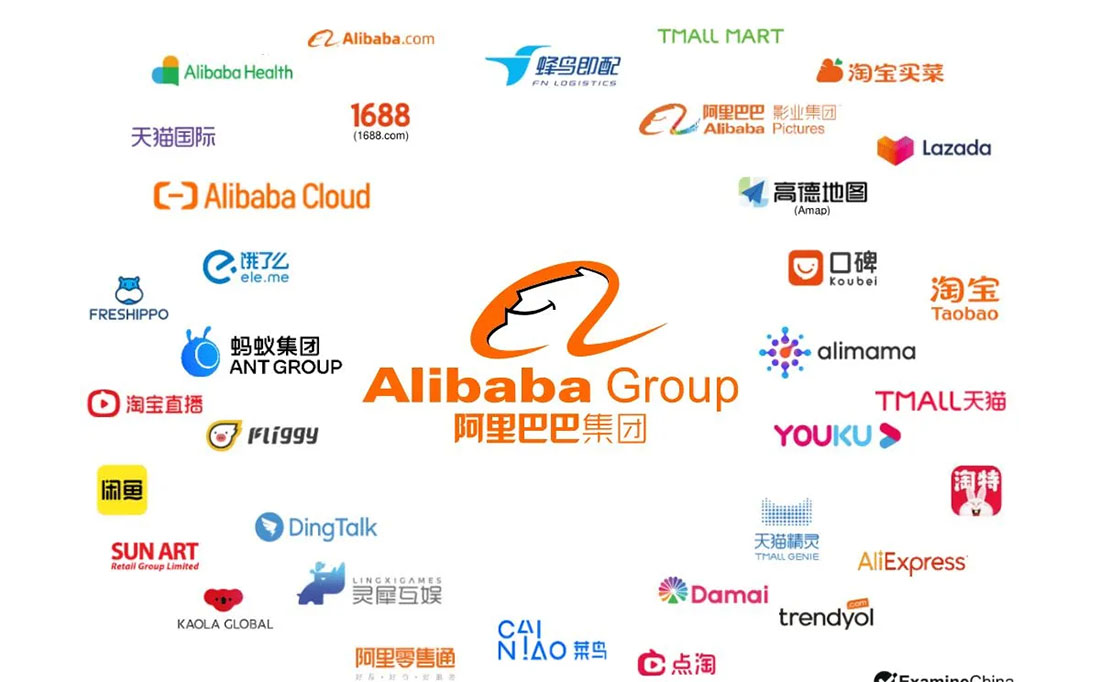
The deal, valued at 7.4 billion yuan, represents less than half of Alibaba's original investment. Originally acquired in 2014 with a US$692 million investment, Alibaba gradually increased its ownership to nearly complete control. This divestment signals a critical step in the company's broader restructuring efforts to streamline its business model.
Kenny Ng, a strategist at Everbright Securities International, suggests the move is forward-looking. "In the short term, a one-time loss may impact financial figures, but looking ahead, the deal will contribute positively to revenue and net profit growth," Ng explained. The sale aligns with Alibaba's strategy to adopt an "asset-light" approach amid challenging market conditions.
The retreat from offline retail comes against the backdrop of significant industry challenges. The Covid-19 pandemic severely impacted brick-and-mortar retail, and Alibaba has been grappling with increased market competition. Emerging players like PDD Holdings' Pinduoduo have been employing aggressive pricing strategies that have put pressure on traditional retail models.
This sale is part of a larger restructuring initiated by Alibaba's leadership. In March 2023, the company proposed splitting into six business units, with Intime categorized under "all others" - signaling its non-core status. The move reflects a strategic refocus on Alibaba's primary revenue drivers: e-commerce and cloud computing.
Jianggan Li, CEO of Momentum Works, provided insight into the decision, stating, "In the short term, Alibaba just doesn't have the attention to actually do offline retail and do it well." The company's "New Retail" strategy, originally championed by founder Jack Ma in 2016, aimed to blend online and offline shopping resources but ultimately proved challenging to execute effectively.
Jack Ma, Alibaba's co-founder, acknowledged missteps in a 2023 internal memo, calling the diversification into offline retail "an overextension of resources." Reflecting on these challenges, he expressed optimism about the company's ongoing restructuring efforts. Alibaba's chairman Joe Tsai reinforced this sentiment, emphasizing that the divestment strategy is part of a long-term vision to consolidate and thrive in an increasingly competitive environment.
















